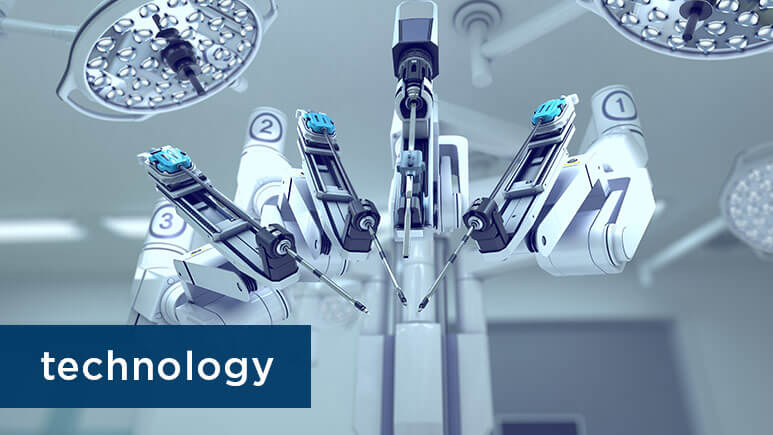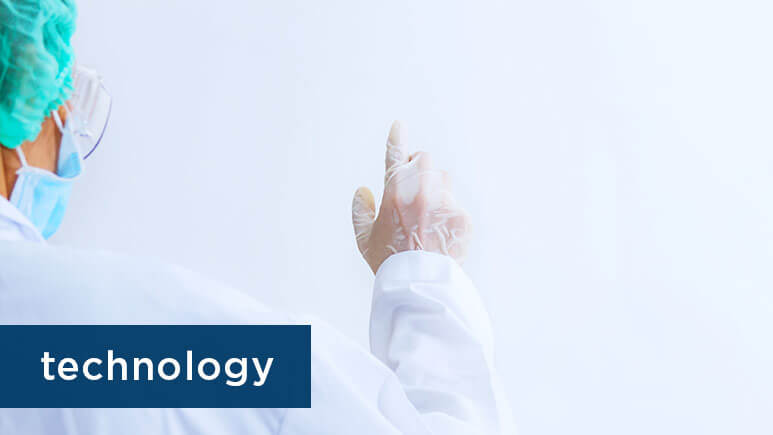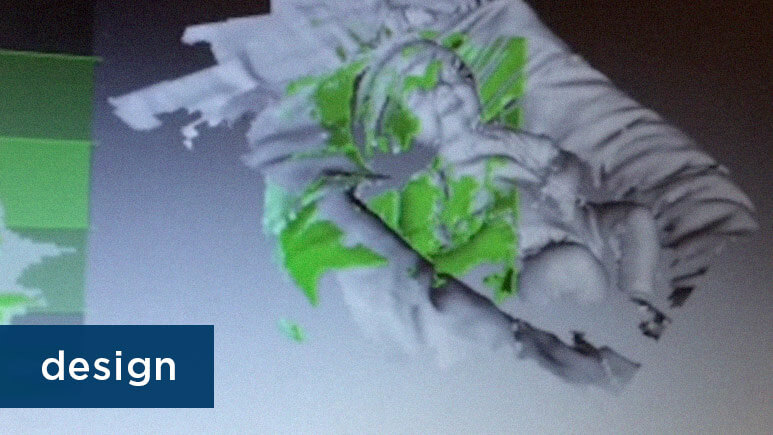 Over the past 30 years, the pace of change in the medical sector has accelerated. Professor Jonathan Sackier, who was trained as a surgeon in the United Kingdom and who now lives and works in the United States, has been involved in bringing several technologies to market during that time. He spoke to BluePrints about some of the changes he has seen and what he’s anticipating will be next.
Over the past 30 years, the pace of change in the medical sector has accelerated. Professor Jonathan Sackier, who was trained as a surgeon in the United Kingdom and who now lives and works in the United States, has been involved in bringing several technologies to market during that time. He spoke to BluePrints about some of the changes he has seen and what he’s anticipating will be next.
Can you tell us about some of the changes you’ve seen in medicine over recent years?
Professor Sackier: The single most disruptive thing that has happened, and that will set a trend for the future, is a new mode of thinking. There has been a field change in the way we think about things.
I don’t believe that improvement is just movement – improvement is movement to something better, not just movement to something new. Inertia in clinical change is largely a good thing – it stops people behaving in a reactive manner. Just because there is a new idea doesn’t necessarily mean that everyone should dramatically change what they are doing. So some degree of inertia is a good thing.
“The single most disruptive thing that has happened … is a new mode of thinking.”
Professor Jonathan Sackier
But when I look at my professional career, the advances have been dramatic, from diagnosis right through to treatment. For example, there were no PET scanners, no MRIs and very few CT scanners when I began practising more than thirty years ago. Interventional radiology was limited, and laparoscopy was really only the domain of gynaecologists and a few visionary surgeons.
What do you think has driven this extraordinary change?
Professor Sackier: As science has enabled us to advance, our understanding has moved from the lab to the clinical lab; from the bench to the bedside. Today, there is far more inter-disciplinary collaboration, particularly between clinical scientists and other scientists and the idea of technology transfer. There has been a convergence of imaging technology and therapies and this has led to a much more fundamental understanding of human biology.
When I did my medical training, women were deemed to be curvaceous men and children small adults. And of course that’s not true – biologically they are very different, and they behave differently to medical challenges. As basic science has improved, our ability to think critically about these sorts of things is causing us to rethink disease. With traumatic brain injury for instance, we used to think that brains couldn’t get better if they became damaged, but now we know that we can induce a neuroplastic response and re-train the brain.
Improvement is coming because we are learning more about the body, and about disease. This speed of discovery is going to continue. But we have to temper that with ethics, and of course, with financing.
“As science has enabled us to advance, our understanding has moved from the lab to the clinical lab; from the bench to the bedside.”
Professor Jonathan Sackier
What further changes do you anticipate?
Professor Sackier: I think it’s clear that these trends will accelerate. We’ll see improved screening for illness and will start treating people earlier. For instance, colorectal cancer could be obliterated with a comprehensive national screening programme. Surgery will become less invasive, and a lot of what we are doing now, 50 years on we won’t be.
There will be more global level thinking. We are beginning to understand the interconnections between communities and what effect say, people in a rural setting in the developing world have on those in the developed world. So for instance with the flu - all influenza arise as a blend of a virus from swine or birds – and they find their way into human populations, as the two often live in close proximity in those parts of the world. So we could change the global human footprint of the flu by helping people in poverty stricken areas of the world live a better existence. We’d be helping everyone.
Other developments include our growing knowledge of the microbiome, which makes up a huge amount of our mass and impacts our future health. This wasn’t even in the lexicon a few years ago. We will be able to develop a greater understanding of how much cancer, or auto-immune disease is due to the microbiome.
There’s also the new science of epigenetics. As we age, our DNA changes; how does that then impact on someone’s reaction to disease? How does DNA change during a lifetime? These are questions we’ll be answering in the future.
We’ve all heard about robots in surgery – what do you think their place might be?
Professor Sackier: I see robots as having the ability to enhance surgical procedures. But they won’t replace surgeons because you need judgement – and not just technical judgement. Surgeons are making decisions based on the patient’s best interests that they have discussed with them beforehand. Questions such as, are we going to attempt to palliate or cure your disease? Judgment and choices will then be made as a result of those conversations. Robotics can play a role, but I don’t believe we’re going to be replaced by machines any time soon.
What are some key issues facing the medical community today?
Professor Sackier: I believe that as physicians we have a global responsibility. We have limited resources, so we should be looking at how we can support remote communities and healthcare in developing nations. Clean drinking water to prevent diarrheal disease in lesser developed countries, more widespread immunization programmes; that sort of thing.
I also believe that we need far more education and health promotion initiatives. We need to do something about obesity, the consumption of sugar, and smoking. How can we make people stop? It depends on how the issue is communicated. We know the things that can happen as a result, but we don’t always believe it. If we could spend time and money on helping motivate people to live healthier lifestyles, then that would be a resource very well spent.
Why data alone can’t help healthcare
Insights from data are useful, but only up to a point.
What product design is learning from video games
Video games have more in common with product design than you might think.
Building the next generation of engineers
Working with SouthSci, a science programme for students in South Auckland.


